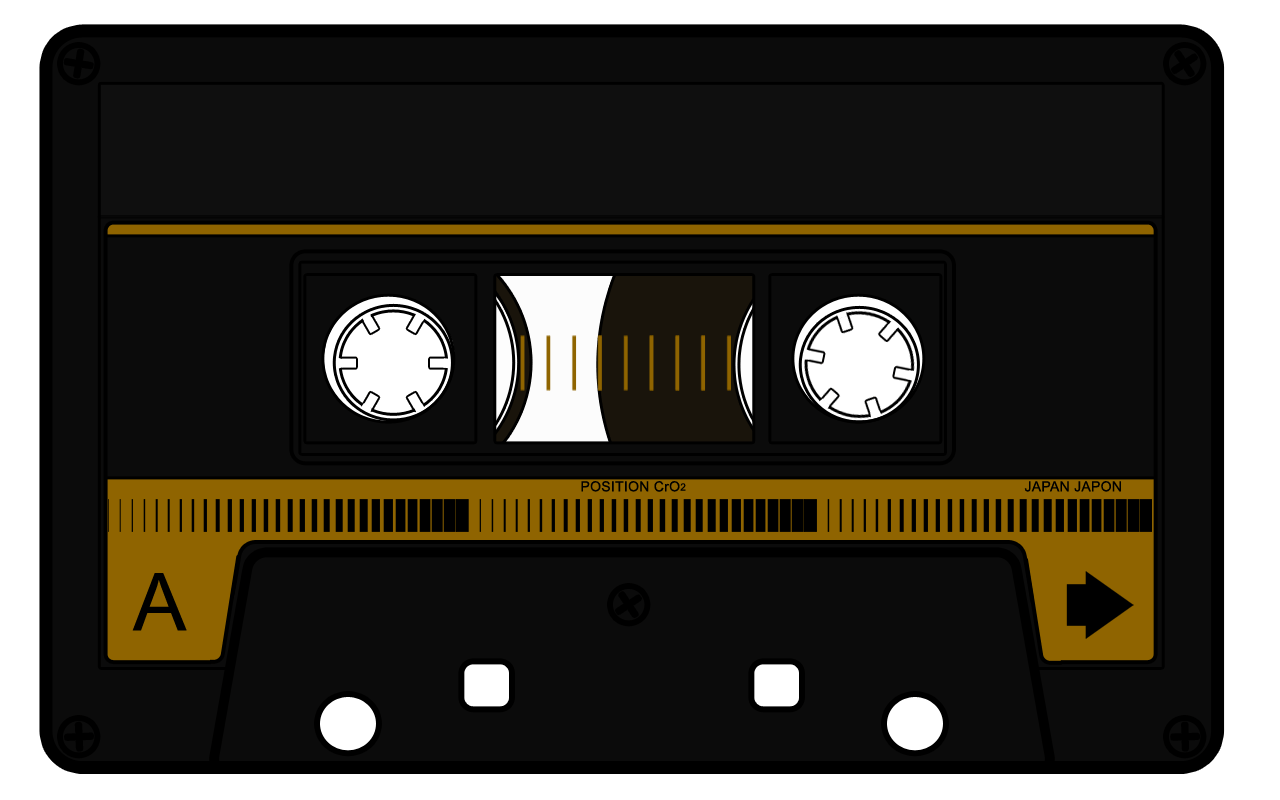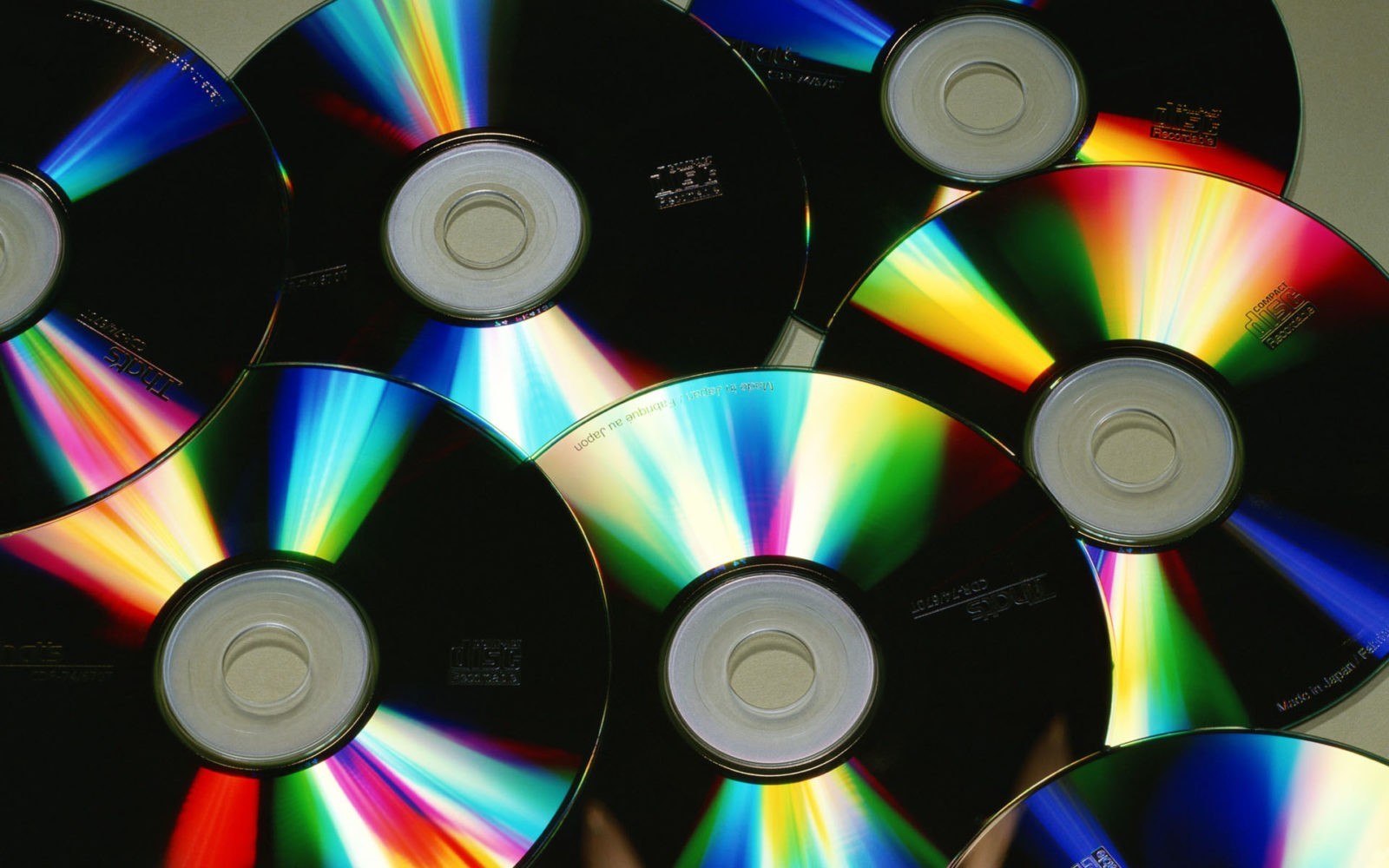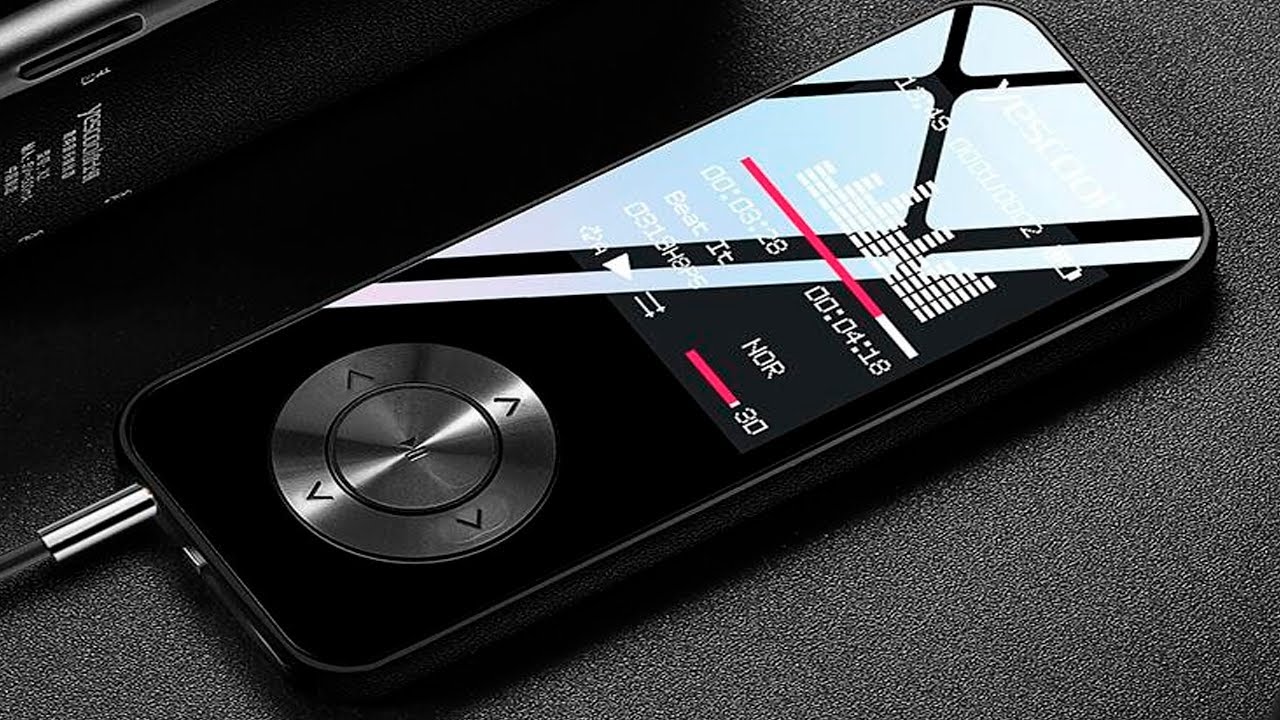Is the MP3 format fading into oblivion?
Содержание
MP3, revolutionary for its time, seems to be becoming a relic of the past and repeating the fate of vinyl records, audio cassettes and compact discs. The streaming service Qobuz, which is gaining popularity in the West, has decided to say goodbye to the most popular format.

A tempting offer
The platform offers users to listen to music without loss of quality in CD and Hi-Res. According to a representative of the service, MP3 harms both listeners and artists. And Qobuz stands for the development of audio culture and offers subscribers 40 million CD tracks and more than 200 thousand hi-res albums. Today it is the most extensive music library for true connoisseurs.

The platform is still only available in Europe and America. Subscriptions are paid for. Now users can enjoy unlimited access to a collection of music in high-quality sound thanks to the new Studio Premier offer. Subscriptions cost $14.99 per month until early spring.
From the history of MP3
The development of the format started back in the late 80s. The main part of the work was done by the Fraunhofer Institute staff. The development was based on the experimental ASPEC codec. L3Enc, which appeared in 1993, is considered to be the first programme allowing to convert music to MP3. In 1994, Winplay-3 MP3 player became available to users.
The idea behind the creation was to preserve the quality of the recording while significantly reducing the volume of the recording. Uncompressed CD files "weigh" 10 times more than MP3. Yes, the format "compresses" information with losses. But thanks to it, there is no need to use inconvenient discs for storing music. With the advent of MP3, sound became free.

The format was created not for delicate connoisseurs with a unique ear, but for the mass user. That is, for people who prefer to listen to music on ordinary car stereos, music centres, players, etc. On such devices the loss of quality is practically not noticeable. It is possible to hear the difference between MP3 and CD only on expensive, high-quality systems.
The first signal of the format's "death"
In 2017, it was reported that patents relating to MP3 were no longer valid. Users misinterpreted the message and thought that the format was being liquidated and everyone urgently needed to switch to AAC.
However, it was just a matter of companies and individuals being able to use MP3s for any purpose without any problems and not being penalised for it. Until then, the patents in question were the property of a few companies. Using the format without special authorisation and therefore without royalties was a big problem.
Microsoft, for example, paid $1.5 billion to patent-holding Alcatel-Lucent under a court order.
The patentees received royalties for more than 20 years. The main beneficiary was the Fraunhofer Institute. It turns out that since they gave up the huge profits there, the MP3 era is over. And the Qobuz announcement, coupled with the offer to listen to music in studio quality, is a test shot.

However, "the patient is more alive than dead". Yes, the tendency for music lovers to increasingly prefer music on streaming services is an undeniable fact. But society is not yet ready to pay for it in the same way as, for example, for utilities or mobile communications, not only in our country, but also in the West.
MP3 remains the most popular and most supported format: the files can be listened to on all modern and bygone devices. The format that causes the fewest problems when playing.



